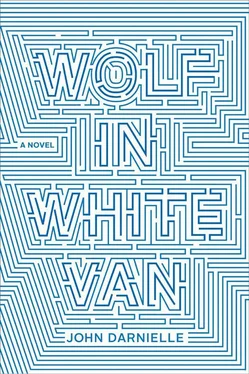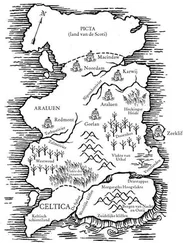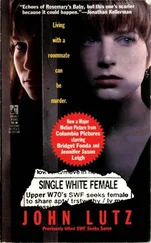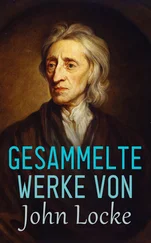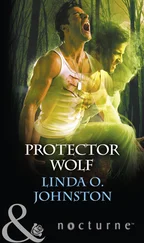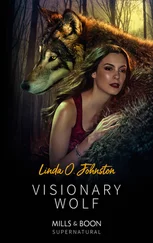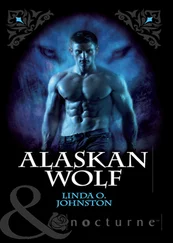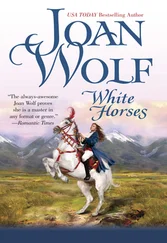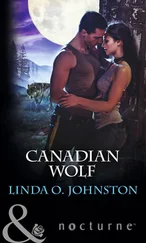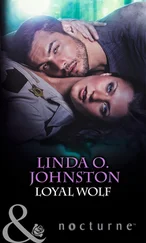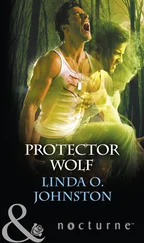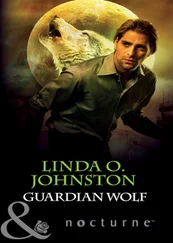So I didn’t say anything. I went back to reading, and at some point Teague just wandered off toward the water fountains. The mood was different after he left. Nothing I could point to directly, just a feeling in the air, in the movement of the wind in the palm. Dark, primitive magic. Swords Against Death.
I could pace the perimeter of the backyard if I wanted, but you feel stupid walking around a fenced yard in the middle of the day. The dermatologist’s wasn’t too far from the house, and I knew the way; Mom drove me there twice a week. Everybody was still avoiding arguments, so when I said I wanted to walk to my appointment, Mom said, “OK,” and Dad said, “You sure?” with his eyebrows raised gently. For a minute it felt almost like a normal family scene.
It was a Saturday morning; traffic was light. Just a block past the unmarked boundary between Pomona and Montclair was a place I’d been half noticing all my life, a house; there were plain houses on either side, but somebody ran a business out of this one. It stuck out. I remember seeing it from the car as a kid: this big red glowing plastic hand in the bay window, a banner reading PALMISTRY spannning the entire second-floor balcony rail. There was also a sandwich board halfway up the front walk, impossible to miss if you went by on foot. I knew its top line by heart. It said A MAP OF THE FUTURE ? in rounded black letters. But you couldn’t read the smaller text underneath from the street; most of it was written in cursive, painted directly onto the board. I had been curious about it forever.
Today the banner was down, and the sandwich board had been moved up to the porch. The door to the house was open; there was a moving truck in the driveway. There had to be some people around, but I didn’t see any. Soon this place will be gone; who knows what will take its place. I thought how I’d walked past it innumerable times, wondering what it was like inside, and figured this was my last chance. So I climbed as casually as I could up the stairs to the porch, and then I’d breached the boundary, like entering a dream.
Close up I could read the rest of the board; what it actually said beneath the splash, in black letters on white primer bearing traces of visible effort, was Science of palmistry reaches back over three thousand years. That was the top line. It was followed by a dozen others, evenly spaced, nearly uniform, each headed by a small, hand-painted tricolor image of Saturn. Identify spiritual patterns using ancient techniques was one. Secrets of the Seven Minor Lines was another. Reunite a lost love. The big door, beveled glass in oak, had to be at least fifty years old, maybe eighty. Old California stuff. Its decorated oval brass handle was half-black from wear.
What happens if I go inside? I wondered; it felt like a speech bubble forming over my head. Are all the people already gone? I thought I might sneak in and steal something cool, maybe disappear before anybody knew I’d been there; I fantasized for a minute about making off with some small, secret object infused with magic power. I try to be careful about the things I think, but I was still young then, and in my rapidly forming dream scenario I could feel the mystery object in my hand, hot and dense. I was sweeping it from a glass end table in one smooth gesture. It had a deep, dark hue and hard hexagonal edges. When my vision cleared, I looked up to see some guy in painter’s pants coming down a staircase inside, carrying a cardboard box.
He was probably a mover, but he could have been one of the people who lived there. Maybe the palmist himself, who knows. But he walked down the side of the porch right past me, undistracted by my glistening folds and reconstructed arches, too busy to notice. He looked back at me and smiled once he’d loaded the box onto the truck. “None today, friend,” he said in a very neutral voice; he sounded calm and kind, but I felt afraid of him, as if some threat were implied in the deep recesses of the moment. So I went back down the steps and out to the street, imaginary eyes following my path as I went. I was still getting used to the feeling of being watched. I hated it.
Sometimes I can’t remember whether this empty exchange happened before the accident or after, even though the details as I remember them point toward “after”: the dermatologist, the place closing, the moving truck. If, for a few seconds, I entertain the idea that this scene takes place much earlier than it actually must have, something happens to me: I picture myself young and free, whole, getting gently warned off the property by the palmist or the palmist’s husband for no real reason. And then some secret forms in a distant nebula somewhere, and somehow I get news of it, and I close my eyes and fall weightless through inner space for as long as I can stand it.
I dropped the astrologer shack into the middle of the New Mexico desert; I got the idea for it that day at the dermatologist’s office, going through old issues of National Geographic. There was a big spread about the Tularosa Basin. The pictures called out from the pages: white sands with miraculous green growth jutting up in patches, skies whose pretty clouds held some empty menace that the lens couldn’t translate fully. The Tularosa Basin was where they’d tested the atomic bomb before dropping it on Japan. I sat waiting for the secretary to call my name, gazing into these pictures of the basin, how it looked years later. When I got home that day, I took out the Trace Italian master map and sketched a little line drawing of a hut no bigger than my fingernail, and around it I drew a loose oval, its line quivering with cilia and sudden jagged outcroppings. In small capital letters I wrote TULAROSA FORTUNE SHACK HERE.
I saw Teague at the Book Exchange last week. It’s twenty years on now, but there we were, still both haunting the science fiction section, running our index fingers down the fraying spines. His hair’s shorter now but he looked more like his younger self than a lot of other people might after so much time.
He started talking like he was picking up a thread I’d just set down a minute ago. “Hey, man,” he said. “I just want to say I meant to stop back by after the first time but I didn’t think your folks were too into it. I sent some books with Kimmy but they might have gotten intercepted.”
“Teague!” I said.
“Yeah, man,” he said. “I was gonna come some more but your dad, you know.”
“I don’t even remember ever seeing you after my last day at school,” I said.
“I guess not,” he said. “I was there on, like, the second day. You were in the ICU. They had you on a lot of drugs. You called me Marco. Your dad thought it was some kind of code.”
It was like talking to a character in an old movie, hearing lines read out from some earlier, remembered time.
“Out in the hallway he told me just not to come back. I wasn’t really in a place where I could fight with your dad, and he was out there pacing around in front of your door like he was itching for an excuse to go off on somebody. And, like … didn’t you guys used to go on hunting trips?”
“Yeah, yeah,” I said.
“Jesus Christ, man,” he said. I wished I’d kept in touch with Teague. We could have talked. But the path from there to here consisted of infinite switchbacks in countless interlocking chains. The trail broke off from the main road almost the second the shot rang out.
“I knew your mom OK, and I thought I could probably finesse things if I tried, but — I just didn’t, is all. I didn’t really think you were going to make it,” he said, as blunt as when he was young, an old friend.
“I did, though.” It was good to see Teague, still in the world.
“Oh, I know,” he said, flipping a copy of The Dreaming Jewels out from the shelf. “I played one of your games through once. Teague’s just a nickname, you know.”
Читать дальше
